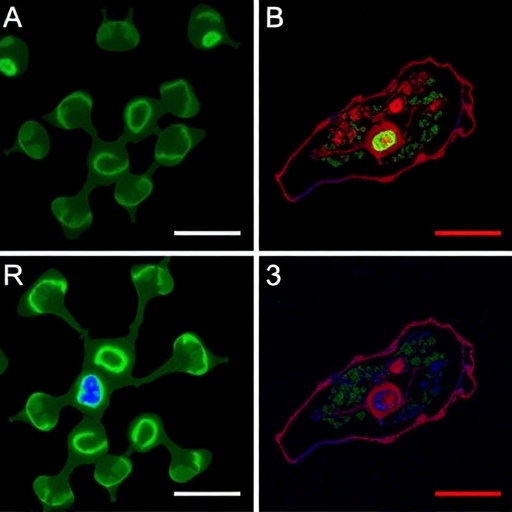New study underway to explore factors that identify disease risk
(Boston)–People born in rural communities in the South, especially in southern Appalachia and the Mississippi Delta, may live shorter and less healthy lives than their counterparts elsewhere in the country, in part due to a high burden of heart, lung, blood and sleep disorders (HLBS). Within the same Southern regions, however, there are counties with very low risk of disease that have profiles of economic disadvantages, race/ethnicity, and rurality similar to those considered high risk.
In an effort to understand why certain factors amplify risk in some rural counties and what renders some communities more resilient, researchers will be studying 4,000 multi-ethnic participants from 10 of the low-income rural counties in Kentucky, Alabama, Mississippi and Louisiana recruited into a new longitudinal cohort study. The Risk Underlying Rural Areas Longitudinal Study (RURAL) will allow researchers to learn what causes the burden of HLBS disorders in these communities and how to alleviate them.
This multi-site prospective cohort study will be coordinated by Boston University School of Medicine’s Vasan Ramachandran, MD, FAHA, FACC, principal investigator and Boston University director of the renowned Framingham Heart Study, with which he has been affiliated for more than 20 years. Over fifty investigators at 16 institutions will participate in this six-year, $21.4 million study funded by the National Heart, Lung, and Blood Institute, part of the National Institutes of Health.
Using a self-contained mobile examination unit, ‘a research center on wheels,’ a transdisciplinary team will conduct an approximately four-hour detailed baseline examination on the study participants. Familial, lifestyle and behavioral factors, along with medical history including risk for HLBS disorders will be recorded. Environmental and economic factors also will be studied and standard and novel risk factors for HLBS disorders will be assayed. Investigators will use smart phones and wearable activity monitors in order to help collect health and lifestyle information of the participants.
“The rural health challenge in the South does not spare any race or ethnicity. These high risk and economically disadvantaged rural communities are vulnerable to clusters of multiple health problems,” explained Ramachandran. “We aim to understand the rural health challenges in the South and share our findings with and offer health education to these rural communities.”
Stephanie Boone, PhD, MPH, University of Louisville (Kentucky); Stephanie Broyles, PhD, LSU’s Pennington Biomedical Research Center; Ervin Fox, MD, MPH, University of Mississippi Medical Center; Suzanne Judd, PhD, University of Alabama at Birmingham and Paul Targonski, MD, PhD, University of Virginia at Charlottesville will play a central role in participant recruitment, retention, follow-up, data collection, return of results, community engagement and education.
The other 10 institutions participating in RURAL are Duke University; Emory University; Johns Hopkins University; Los Angeles BioMedical Research Institute (UCLA); University of California, Berkeley; University of Massachusetts Medical School; University of North Carolina at Chapel Hill; Perelman School of Medicine at the University of Pennsylvania; Larner College of Medicine at the University of Vermont and the Wake Forest School of Medicine.
###
Media Contact
Gina DiGravio
[email protected]




